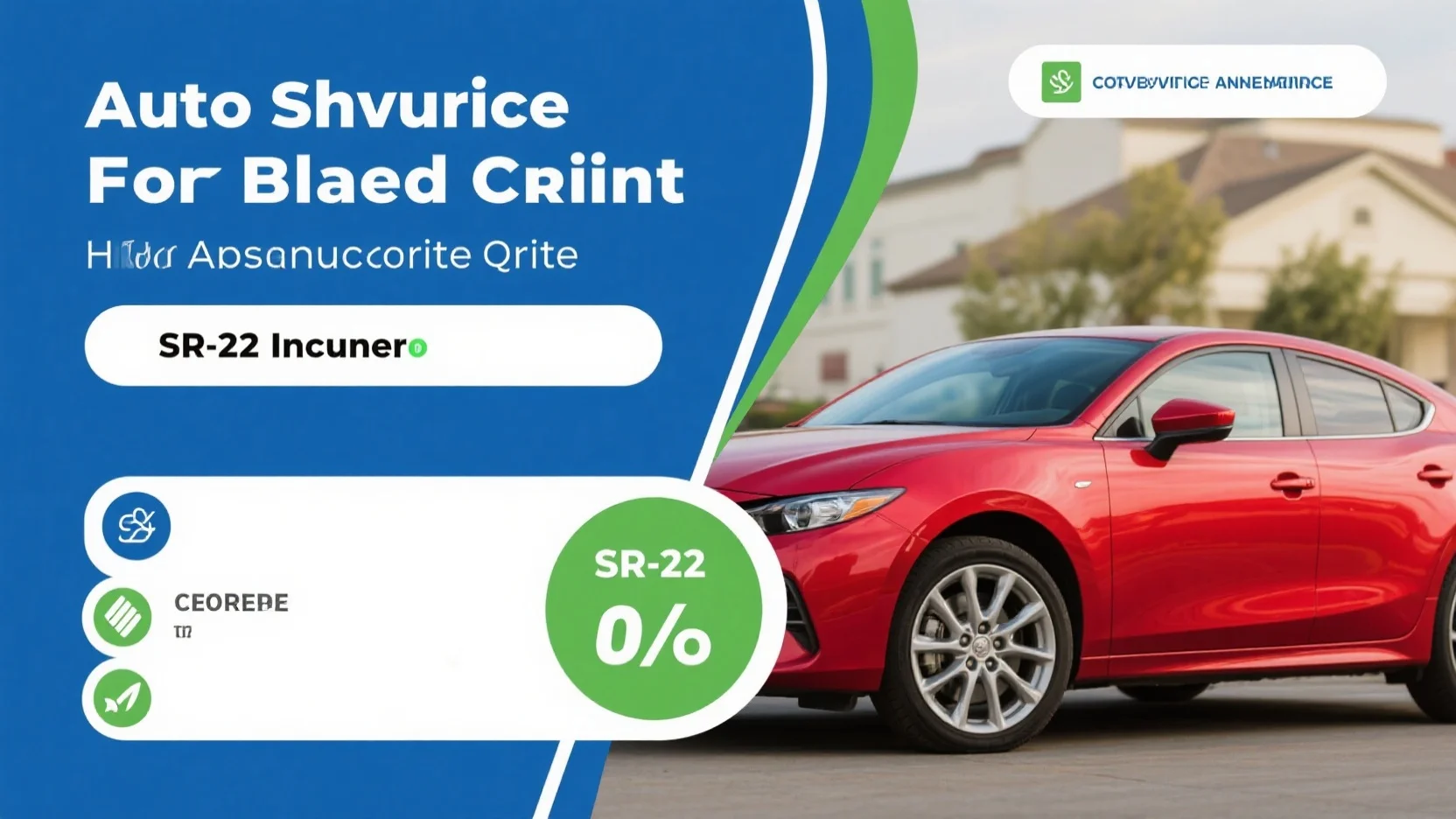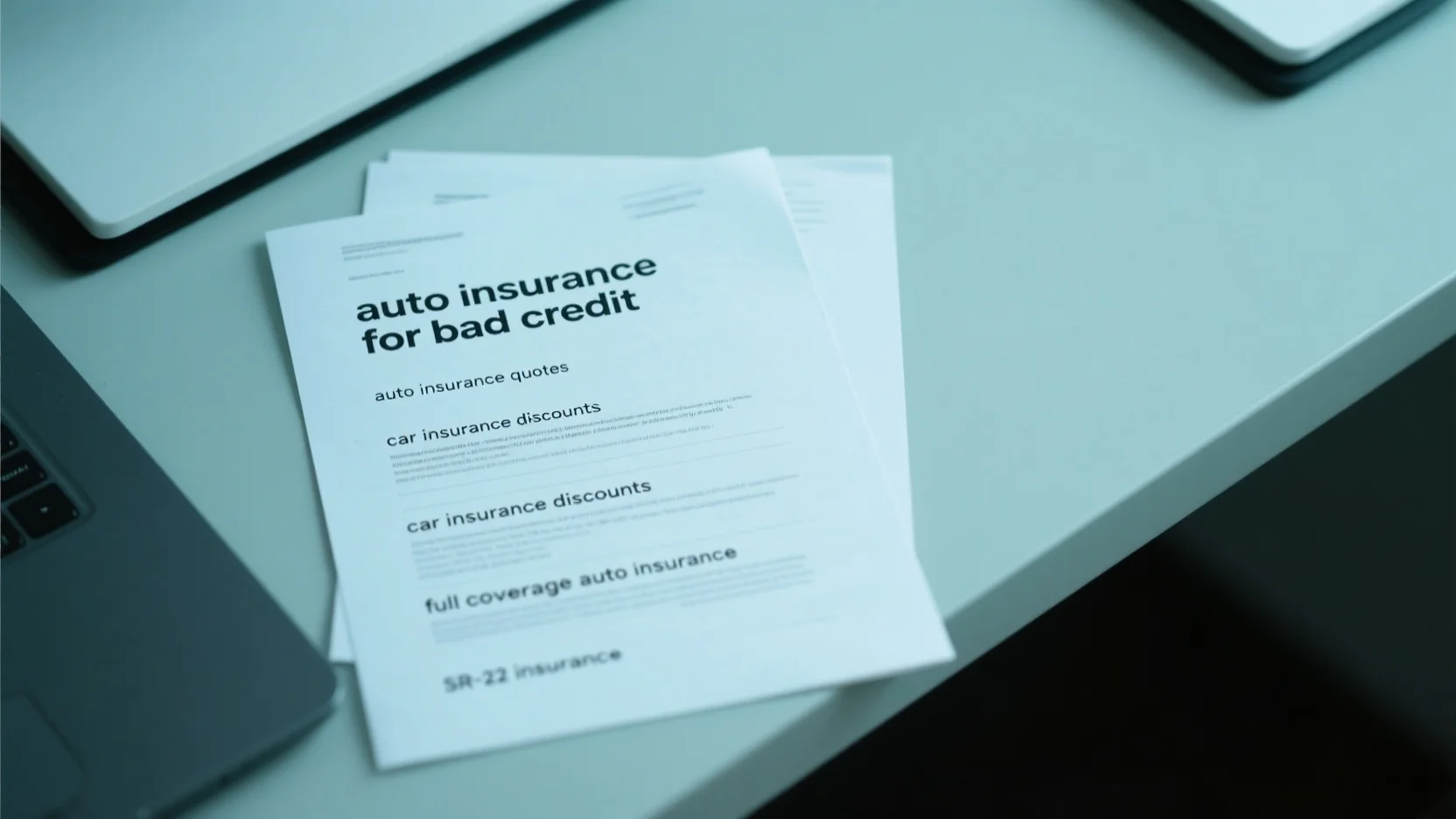
Comparing Mortgage Deals for Self-Employed Individuals

Image Source: pexels
Securing a mortgage as a self-employed individual often feels like an uphill battle. Lenders view irregular income as risky, leading to higher denial rates. For instance, 73% of self-employed borrowers with credit scores below 700 face rejections, compared to 45% of traditionally employed applicants. Comparing mortgage deals helps you find the best mortgage lenders for self-employed individuals. Preparation is key. Understanding lender requirements ensures you meet their expectations and improve your chances.
Key Takeaways
- Look for lenders who focus on self-employed mortgages. They give options for uneven income.
- Collect correct financial papers like tax returns and income reports. Being ready helps you get approved for a mortgage.
- Check interest rates and fees from many lenders. Small changes can save you money over time.
Understanding Self-Employed Mortgages
Who Qualifies as Self-Employed?
You qualify as self-employed if you earn income through your own business or freelance work rather than receiving a regular paycheck from an employer. This includes sole proprietors, contractors, freelancers, and business owners. Even if you work under a contract or receive payments from multiple clients, lenders often consider you self-employed.
Lenders typically require proof of consistent income over time. For example, sole traders may need to provide tax returns or certified accounts. Contractors might need to show contracts and evidence of future work. If you’re a director or partner in a business, lenders may also assess your share of profits. Understanding how lenders define self-employment helps you prepare the right documentation.
Differences Between Self-Employed and Standard Mortgages
Self-employed mortgages differ from standard ones primarily in income verification. Lenders require more detailed documentation to assess your financial stability. Here’s a comparison of what’s typically needed:
| Applicant Type | Documentation Required |
|---|---|
| Self-employed | – ID and address documentation |
– 6 months to 3 years of bank statements
– Proof of income (varies by income type)
Sole traders| – 1 to 3 years of personal accounts certified by a qualified accountant
– 1 to 3 years of tax calculations (SA302s) or tax year overviews from HMRC
Directors and partners| – 1 to 3 years of personal income from tax calculations or tax year overview plus dividends
– Business accounts and tax calculations if considering retained profits
Contractors| – Proof of day-rate
– Contracts covering at least the past 12 months
– Evidence of future contracts for at least another year (if not sole traders)
CIS contractors| – Treated as employed income, requiring payslips covering 6 to 12 months.
Unlike standard mortgages, self-employed applicants must demonstrate financial consistency over a longer period. Lenders may also scrutinize your business performance. Comparing offers from the best mortgage lenders for self-employed individuals ensures you find one that understands your unique situation.
Best Mortgage Lenders for Self-Employed Individuals
Features to Look for in a Lender
Finding the right lender is crucial when you’re self-employed. Not all lenders cater to unique income situations, so you need to focus on specific features. Here are five key criteria to prioritize:
- Research lenders that specialize in working with self-employed borrowers. These lenders often have tailored solutions for irregular income.
- Compare interest rates and fees. Even a small difference in rates can save you thousands over the loan term.
- Check lender requirements. Some lenders may accept alternative income verification methods, such as bank statements or profit and loss statements.
- Evaluate customer service and support. A lender with a dedicated team for self-employed borrowers can simplify the process.
- Look for flexibility in mortgage products. Options like bank statement loans or interest-only loans can suit your financial situation better.
By focusing on these features, you can identify the best mortgage lenders for self-employed individuals who understand your needs.
Examples of Top Lenders for Self-Employed Borrowers
Several lenders stand out for their self-employed-friendly mortgage options. Angel Oak Mortgage Solutions offers flexible loans, including bank statement and profit-and-loss statement mortgages. Their loan amounts range from $150,000 to $3 million, with unique features like a 40-year fixed interest-only option.
North American Savings Bank specializes in bank statement-only loans. You only need 12 months of bank statements to qualify, and loans range from $200,000 to $1 million. They also require a minimum down payment of 10%.
Other notable lenders include Guaranteed Rate, LoanDepot, and CrossCountry Mortgage. Guaranteed Rate provides non-QM loans and proactive support, while LoanDepot offers low down payment options and quick preapprovals. CrossCountry Mortgage simplifies the process with flexible income verification and no tax return requirements.
These lenders provide benefits like easier approval processes, higher loan amounts, and support for unique financial situations. Choosing the right lender ensures you find a mortgage that aligns with your financial goals.
How to Compare Mortgage Deals
Evaluating Interest Rates and Loan Terms
Interest rates and loan terms significantly impact your mortgage costs. As a self-employed borrower, you may encounter higher interest rates due to perceived risks. However, shopping around can help you find competitive rates.
- Some lenders specialize in bank statement mortgages, which often come with higher rates.
- Improving your credit score and lowering your debt-to-income ratio can help you secure better rates.
- A larger down payment reduces the lender’s risk and may lead to lower interest rates.
- Rate buydowns allow you to pay upfront to reduce monthly payments over time.
Loan terms also vary. You might consider term loans, which involve fixed monthly payments over a set period. Alternatively, lines of credit offer flexibility, letting you borrow and repay funds as needed. Exploring these options helps you choose terms that align with your financial goals.
Assessing Fees and Additional Costs
Mortgage fees and additional costs can add up quickly. To minimize these expenses:
- Lower your debt-to-income ratio by paying off debts or increasing your income.
- Make a larger down payment to reduce borrowing needs and avoid private mortgage insurance.
- Improve your financial documentation to reflect higher income.
- Work with a qualified accountant to prepare accurate records.
- Provide evidence of consistent work, such as contracts or client lists.
Consulting a mortgage broker can also help you identify lenders with favorable terms. This step ensures you avoid unnecessary costs while securing the best deal.
Understanding Lender Requirements
Lenders evaluate self-employed borrowers differently. They often require:
| Requirement | Details |
|---|---|
| Stable income and cash flow | A history of stable self-employment income for at least two years. |
| Down payment | Options as low as 3% for conventional loans. |
| Additional savings | Cash reserves to cover 6 to 12 months of mortgage payments. |
You’ll typically need two years of personal and business tax returns, a year-to-date profit-and-loss statement, and bank statements to verify cash flow. If your tax returns show significant write-offs, you may need to provide bank statements or invoices to prove earnings. Meeting these requirements improves your chances of approval with the best mortgage lenders for self-employed individuals.
Challenges and Solutions

Image Source: pexels
Common Challenges for Self-Employed Borrowers
As a self-employed borrower, you may face several obstacles when applying for a mortgage. Lenders often view irregular income as a risk, leading to stricter requirements. Here are some of the most common challenges:
- Fluctuating Income : Your earnings may vary significantly from month to month, making it harder to prove financial stability.
- Higher Documentation Requirements: Lenders typically ask for multiple years of tax returns, profit and loss statements, and other financial records.
- Stricter Scrutiny : Lenders analyze your creditworthiness more closely, including your credit score and debt-to-income ratio.
- Complex Financial Records: Unlike salaried employees, you may have multiple income streams, which complicates income verification.
- Proving Income Stability: Lenders often require detailed explanations for any inconsistencies in your income.
These challenges can make the mortgage approval process feel overwhelming. However, understanding these hurdles helps you prepare effectively.
Practical Solutions to Overcome These Challenges
You can take proactive steps to address these challenges and improve your chances of mortgage approval. Consider these strategies:
- Maintain Accurate Financial Records : Keep detailed and up-to-date records of your income and expenses. Use invoices, contracts, and tax returns to demonstrate financial stability.
- Boost Your Credit Score : Regularly check your credit report for errors and pay bills on time. A higher credit score increases your appeal to lenders.
- Provide Comprehensive Documentation: Submit multiple years of tax returns, profit and loss statements, and bank statements to showcase your financial health.
- Make a Larger Down Payment: A higher down payment reduces the loan-to-value ratio, lowering the lender’s risk.
- Seek Professional Guidance : Consult with a mortgage broker or financial advisor. They can help you present your financial situation effectively and identify suitable loan programs.
By implementing these solutions, you can navigate the mortgage process with greater confidence and secure a deal that aligns with your financial goals.
Required Documentation
Documents Needed for Sole Proprietors
As a sole proprietor, you need to provide specific documents to verify your income and financial stability. These documents help lenders assess your ability to repay the mortgage. Commonly required items include:
- Personal and business tax returns for the past two years.
- Form 1099s and Schedule C to report your income.
- A self-employment verification letter from a certified accountant or tax preparer.
- Profit and loss statements to show your business’s financial performance.
- Bank statements covering 12 to 24 months to demonstrate cash flow.
- Balance sheets listing your business assets and liabilities.
- Client contracts or letters to confirm ongoing work.
- A Doing Business As (DBA) certificate if you operate under a different name.
- Membership proof in professional organizations.
- IRS Form 4506-T to allow lenders to access your tax transcripts.
These documents provide a comprehensive view of your financial health, ensuring lenders have the information they need.
Documents Needed for Contractors and Freelancers
Contractors and freelancers often face unique documentation requirements. Lenders typically ask for:
- Form 1099-NEC for earnings over $600 from each client.
- A self-employed tax form filed with the IRS.
- Bank statements to verify income consistency.
- Contracts or agreements with clients to confirm ongoing work.
Unlike sole proprietors, you may not need a DBA certificate unless you operate under a specific business name. Keeping these records organized simplifies the mortgage process.
Additional Documentation for Business Owners
If you own a business, lenders may require additional paperwork to evaluate your financial stability. Essential documents include:
- Two years of personal and business tax returns.
- K-1 statements if you are part of a partnership.
- Profit and loss statements and balance sheets to detail your business’s financial status.
- Bank statements showing cash flow over 12 to 24 months.
- Client contracts and letters to verify future income.
- A self-employment verification letter.
- IRS Form 4506-T for tax return transcripts.
Providing these documents ensures lenders have a clear understanding of your business’s performance and your ability to manage mortgage payments.
Improving Your Chances
Enhancing Your Credit Score
Improving your credit score strengthens your mortgage application. Lenders view a higher score as a sign of financial responsibility. You can take several steps to enhance your creditworthiness:
- Check your credit report for errors and dispute inaccuracies.
- Pay all bills and loans on time to build a positive payment history.
- Reduce your credit card balances or pay them off completely.
- Keep your credit utilization rate low by using only a small portion of your available credit.
- Avoid opening new lines of credit before applying for a mortgage.
These actions show lenders that you manage your finances responsibly. A strong credit score can also help you secure better interest rates, saving you money over the life of your loan.
Maintaining Accurate Financial Records
Accurate financial records play a critical role in your mortgage approval process. Lenders assess your net business income to determine your ability to repay the loan. Reporting high expenses may make your income appear lower, which could hurt your chances.
To avoid this, work with a qualified accountant to prepare your financial documents. Certified accounts meet lender requirements and enhance your credibility. Providing clear and accurate records, such as profit and loss statements, tax returns, and bank statements, demonstrates your financial stability. This preparation ensures lenders have the information they need to evaluate your application positively.
Building a Stronger Financial Profile
A strong financial profile increases your appeal to lenders. Start by reducing your debt-to-income ratio. Pay down existing debts to show that you can manage your financial obligations effectively.
Saving for a larger down payment also strengthens your profile. A higher down payment reduces the loan-to-value ratio, lowering the lender’s risk. Additionally, maintaining a consistent income stream and providing evidence of future work contracts can further reassure lenders of your financial reliability.
By taking these steps, you position yourself as a trustworthy borrower, improving your chances of securing a favorable mortgage deal.
Securing a mortgage as a self-employed individual requires preparation and strategy. You should:
- Research lenders specializing in self-employed mortgages.
- Compare interest rates, fees, and lender requirements.
- Gather accurate financial documents, including tax returns and profit and loss statements.
Organizing your finances and improving your credit score strengthens your application. Working with a mortgage broker or accountant can simplify the process and help you find the best deal. Preparation ensures you meet lender expectations and increases your chances of approval.
FAQ
What credit score do you need to qualify for a self-employed mortgage?
Most lenders prefer a credit score of 620 or higher. A higher score improves your chances of approval and helps you secure better interest rates. 📈
Can you get a mortgage with less than two years of self-employment history?
Yes, some lenders accept less than two years of self-employment if you have a strong financial profile. Providing consistent income proof strengthens your application. 💼
Do self-employed mortgages require a larger down payment?
Not always. Some lenders offer low down payment options, starting at 3%. A larger down payment, however, reduces risk and may lead to better loan terms. 💰
